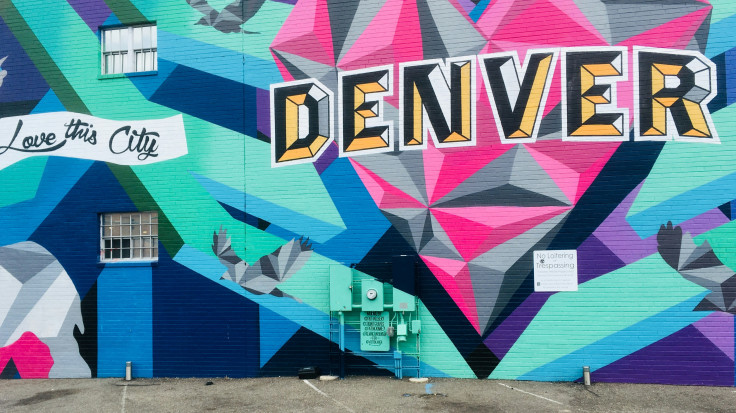
The Denver area marked two years since it declared a state of emergency in response to a migrant influx that resulted in approximately 43,000 migrants arriving to the city, most of them from Venezuela. City officials report that the emergency phase of the crisis, which saw thousands of migrants housed in shelters at its peak, has ended, with the focus having shifted to long-term resettlement efforts.
Coinciding with the anniversary, Denver closed its last city-funded migrant shelter, the Mullen Home, which had been reserved for pregnant women, children, and families, as all 60 families previously housed there have moved to permanent housing.
"The emergency phase of seeing hundreds of people arriving on buses every day from Central and South America, not knowing what they were going to do next, confused, just trying to figure something out for themselves and for their families—that is over," said said Jon Ewing, spokesperson for Mayor Mike Johnston's office, to ABC's Denver 7.
Over 5,000 migrants were housed in shelters at the height of the state of emergency, with the city estimating costs of around $79 million on the migrant response and federal reimbursements covering approximately $30 million. As Denver's own Westword explained in a piece published on Friday:
"The Hancock administration initially responded to the crisis by setting up cots in city-owned rec centers and then renting rooms at hotels to convert into shelters for migrants. The Johnston administration continued using those hotels and rented out more. The second year started with more migrants packing city shelters than ever before. By the spring, the city had hired an immigration attorney to run a newly created newcomer program and began shifting from emergency mode to preparing migrants for a new life in Denver"
The effects of the influx were not exclusive to Denver, as other Colorado cities are still dealing with its consequences. Neighboring Aurora, which declined to declare an emergency or allocate public funds for migrant support, recently announced it would be closing the infamous apartment complex which gained national attention back in August following a viral video showing armed men believed to be linked to Venezuelan-born "Tren de Aragua" gang circulating its hallways before a fatal shooting.
The building was propelled to the limelight after then candidate Donald Trump cited the it as an example of migrant criminal violence in the country during the presidential debate.
In Denver, local officials and residents emphasized the community-driven response in the second year of the crisis while acknowledging that challenges around the impact of the migrant influx still remain. "We'll have new challenges, and we'll meet them," said Ewing. "But the emergency we saw these last couple of years, that's behind us."
© 2025 Latin Times. All rights reserved. Do not reproduce without permission.







